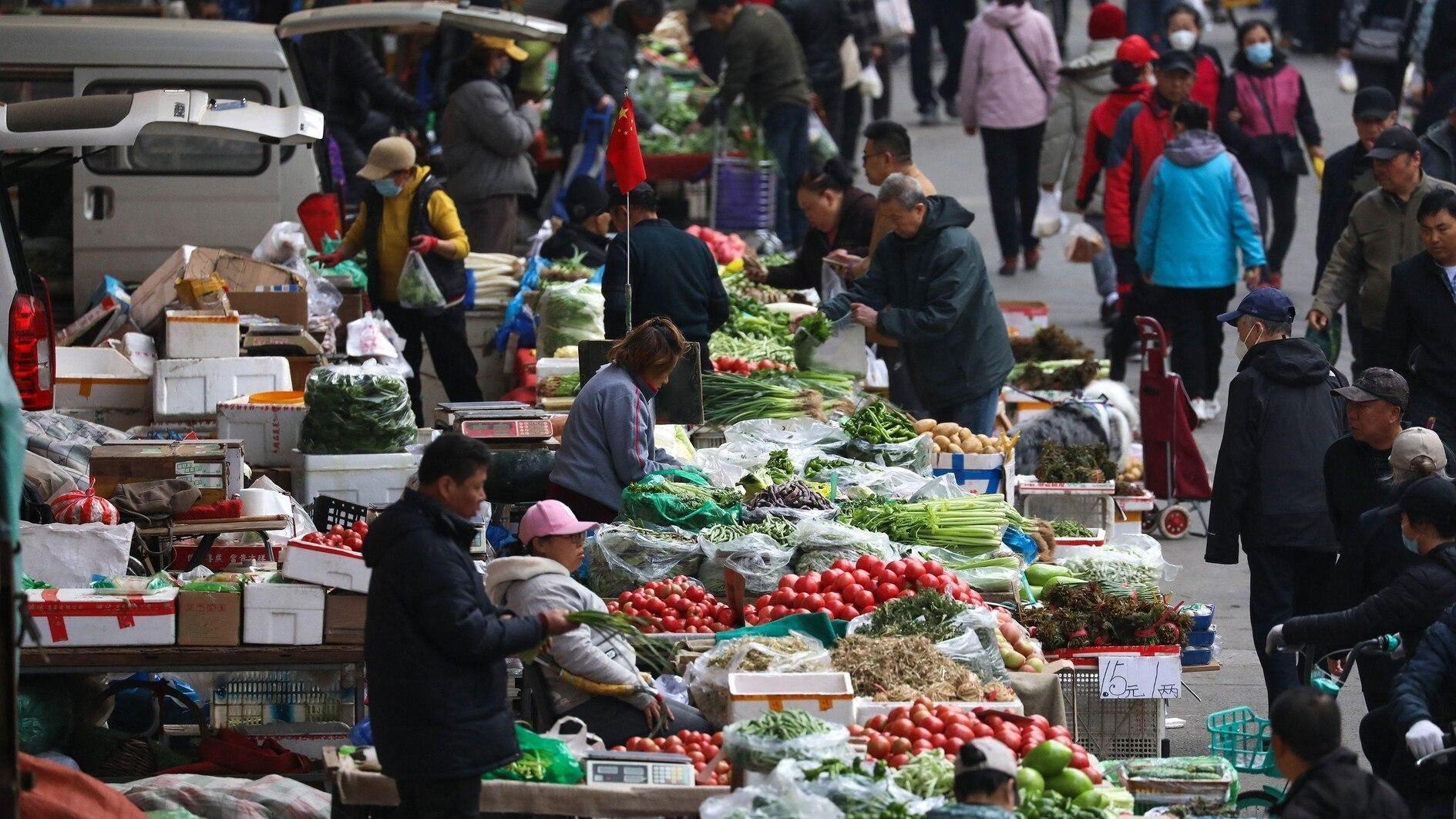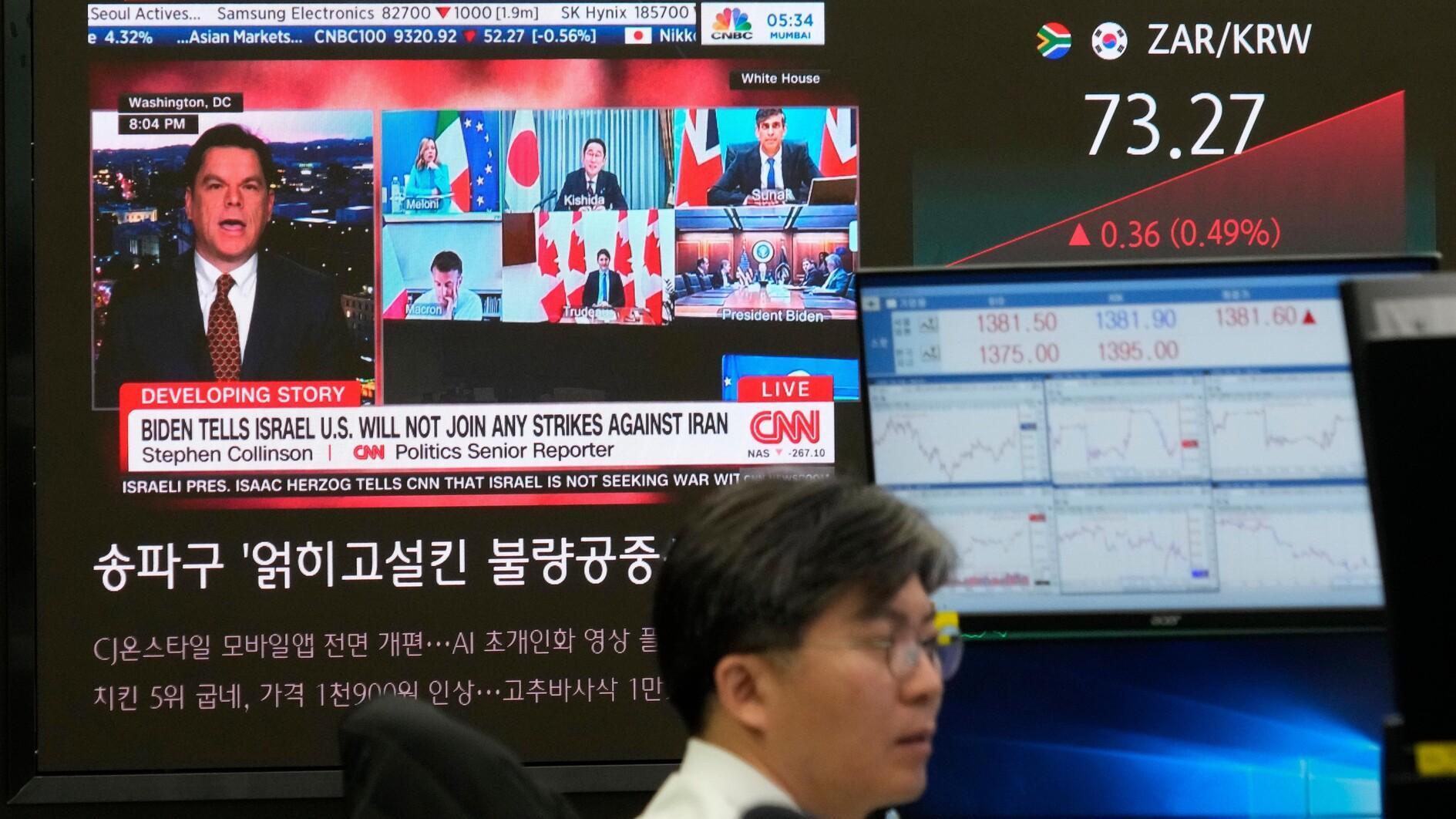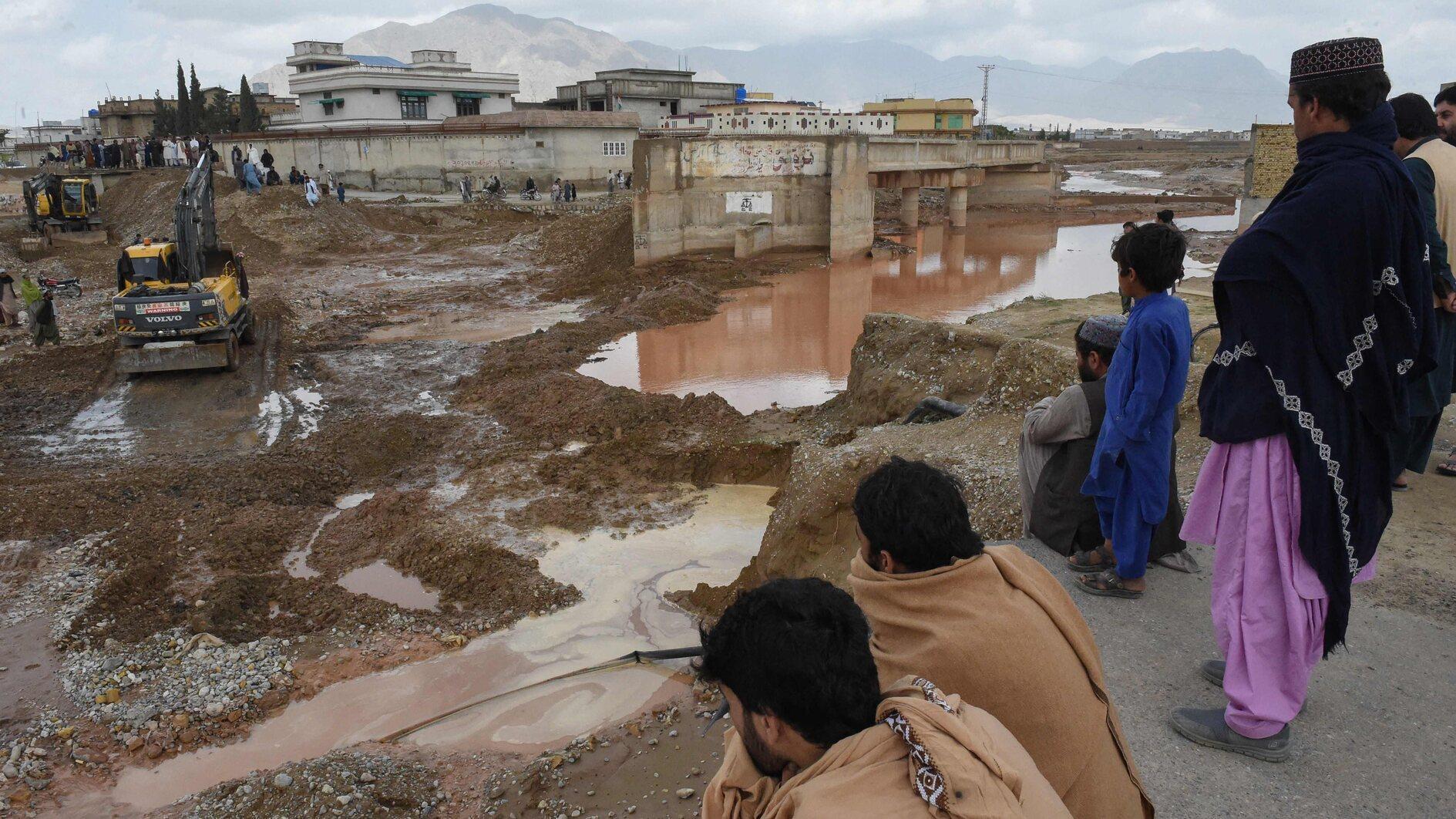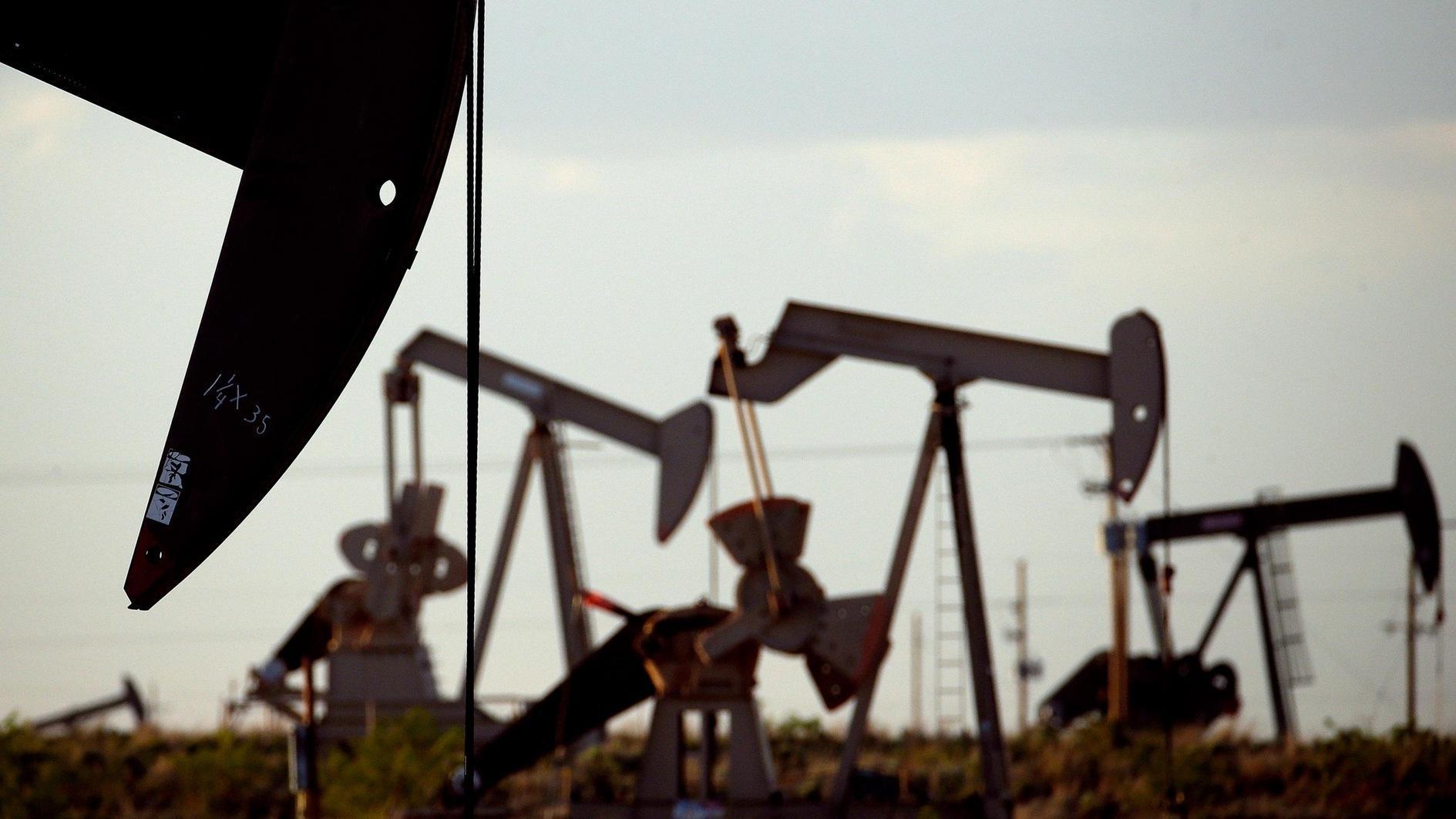‘Conservative, religious, nationalist’ bloc to dominate Turkey’s future
BARÇIN YİNANÇ
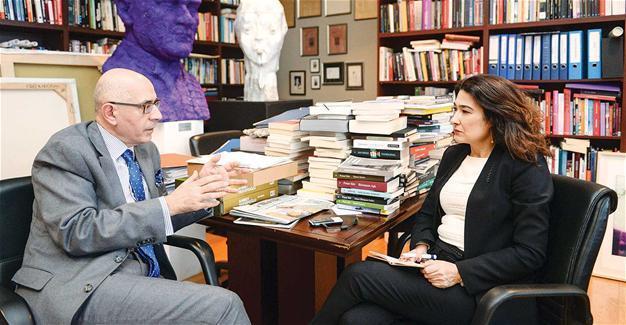 A recent poll conducted by Kadir Has University (KHAS) shows that there has been a huge consolidation on the right-wing of Turkish politics, with grassroots support for the ruling Justice and Development Party’s (AKP) leadership reaching very high levels, according to Hasan Bülent Kahraman.
A recent poll conducted by Kadir Has University (KHAS) shows that there has been a huge consolidation on the right-wing of Turkish politics, with grassroots support for the ruling Justice and Development Party’s (AKP) leadership reaching very high levels, according to Hasan Bülent Kahraman. Nearly 60 to 70 percent of society is made up of conservative, religious, and nationalist voters, and it will be this bloc’s ideology that will continue to dominate Turkey for the foreseeable future, said Kahraman, who is the vice president of KHAS.
What did you find particularly striking in this year’s poll?
One of the most important findings is that Turkey, once again, can be regarded as a society divided into two groups: One is the conservative, religious and nationalist group which has around 60 percent of people and may even go up to 70 percent. This is a huge figure.
In the 1970s Turkey was considered a society where 70 percent were on the right of center and 30 percent were on the left of center. This was the amount of votes that parties on the moderate right and moderate left could get in elections. We are once again back to that point.
Why do you say we have gone back to the 1970s? What changed in the years in between?
The right was not so consolidated during those years in between. Now there is a huge consolidation of the right. The support for the AKP’s Kurdish policy, foreign policy, and other policies has reached huge figures, and that was not the case in previous surveys. By contrast, the main opposition Republican People’s Party [CHP] has turned out to be a party of Kemalist/Republican people, more than a party of social democrats.
Another striking finding is that a huge section of the conservative 65-70 percent bloc are happy to live in Turkey, finding it to be a European county, a democratic and modern country. A huge section of the minority group, on the other hand, is unhappy to be in Turkey, finding it to be a non-modern, Middle Eastern country.
Turkey will have to find a way out between this majority and minority. The existence of this 70 percent bloc and its behavior should be considered at all levels, as Turkey’s near future will be determined by it.
You mean people need to face this fact?
People put their personal ideas, feelings and frustrations before the facts, but the facts are very obvious: There is a 70 percent majority in Turkey and it is their way of thinking, their ideological thinking, that is already dominating and will dominate in the future.
What makes you say that will not change? It could be the effect of the failed July 2016 coup attempt, which was rather an extraordinary factor to influence people’s views.
A: At least for the time being it is there to stay. The high level of support for the AKP might go down but support for its policies among its sympathizers will not drop below, let’s say, 70 percent.
Look to the demographic reality of Turkey’s young population. Many young people were born in the 1990s, are maybe 25 years old, and have never seen anybody other than President Recep Tayyip Erdoğan lead the country. He eliminated the old guard in the party like Abdullah Gül and Bülent Arınç and brought in the younger generation. They have great respect, admiration and support for Erdoğan, and the failed coup brought out more of this great support. He became the unchallenged leader.
Erdoğan keeps making comparisons with the past. Why should that appeal to young generations who do not have any idea about the past?
They still live with their families. Erdoğan has started to teach to the grassroots how to be a conservative. What does it mean to be a conservative? In Turkey the masses and crowds are not conservative by definition; in a society where the young are the majority and there is high upward social mobility one cannot be a conservative. In one sense there is no conservative in Turkey: Everybody wants to live in big cities and change their existing lives. There is this bloc that is socially mobile, witnessing social transformation and modernization in infrastructure. These people believe that the left cannot supply this transformation.
So you think Erdoğan effectively teaches conservatism, transforming society into a conservative one?
That is the paradox of Turkish conservatism and this is the basic misunderstood reality of Turkish conservatism. Turkish conservatism at the infrastructure level transforms the old society, but at the ideological level it says “we are the conservatives.” It is kind of like the “new right” of Thatcher and Reagan: The “right” part means conservativism, while the “new” means liberalism, transforming society at the infrastructure level.
To what do you attribute the president’s success in having this huge surge in support? Is it all about the coup?
There has always been unity between the grassroots and the party. This has definitely increased due to the management of the crisis, when Erdoğan became the leader challenging the coup.
But there have been so many deadly terror attacks lately, shouldn’t that have worked against him?
That is his genius side. He is saying that Turkey is under attack; that we are under attack from the outside world, and in order to confront this people should get united. The motto is “united we stand.” That’s what he does, and he is a charismatic leader.
Some would argue that his success comes from creating perceptions and using the fear factor.
A charismatic leader may of course create illusions, if not delusions. Maybe yes, maybe no. I’m not challenging these views. But the fact is that it is there and Erdoğan’s is a success story.
What would you say about the Kurdish issue?
In our poll we saw a significant drop in the number of people who say they believe the [Kurdish issue-focused Peoples’ Democratic Party] HDP or the [outlawed Kurdistan People’s Party] PKK or [jailed PKK leader] Abdullah Öcalan represent the Kurds. Even 41 percent of those who said they voted for the HDP say the HDP does not represent the Kurds. So the HDP is finished. Kurds now have problems with political leaders, with the party, and with its ideology. They should find a new voice to change the course of things.
I am against the arrest of HDP deputies, but 60 percent of the poll respondents approve. And a majority of people said they think a military policy would best “finish” the Kurdish issue.
So Erdoğan’s militaristic policy has paid off.
It paid off in the Nov. 9 election too.
What about the state of the Nationalist Movement Party [MHP]?
For a long time as a political scientist I argued that there was actually no need for a party like the MHP. The MHP grassroots, radicals aside, will eventually move to the AKP. Now that the constitutional changes have been passed from parliament, they will successfully pass in the referendum very easily and smoothly.
A majority of people in the poll said they find Turkey to be a democratic country. How do you explain this?
This is something to do with Turkish political culture. Turkey has not passed from the education of democracy. Until 2005 or 2006 torture was a real problem in Turkey, but I am 100 percent sure that if you asked people they would say it was not a problem. People always think that basic matters of life are more important than democratic matters.
Who is Hasan Bülent Kahraman?

Hasan Bülent Kahraman is the Vice President of Kadir Has University (KHAS) and a columnist at daily Sabah newspaper.
Holding a BA degree in Civil Engineering and MA degrees in economics and art philosophy, Kahraman received his PhD from Bilkent University’s Department of Political Science. He lectured and held chairs at Bilkent, Sabancı, Michigan and Princeton University.
In government, Kahraman worked as a chief advisor to the Minister of Culture, and he was also the advisor to two chairs of the Social Democratic Populist Party. Working also as a freelance art curator and critic he now sits on the Executive Board of Sabancı Museum, Contemporary Istanbul Art Fair and works as the Chief Curator at Akbank Arts Center, Director and Curator of Gallery KHAS.
Kahraman was the chief advisor to the 11th President of Turkey, Abdullah Gül, and was the chief curator of the Abdullah Gül Museum in Kayseri.
Since 2007 his columns have been published in daily Sabah, and he has written around 20 books.


